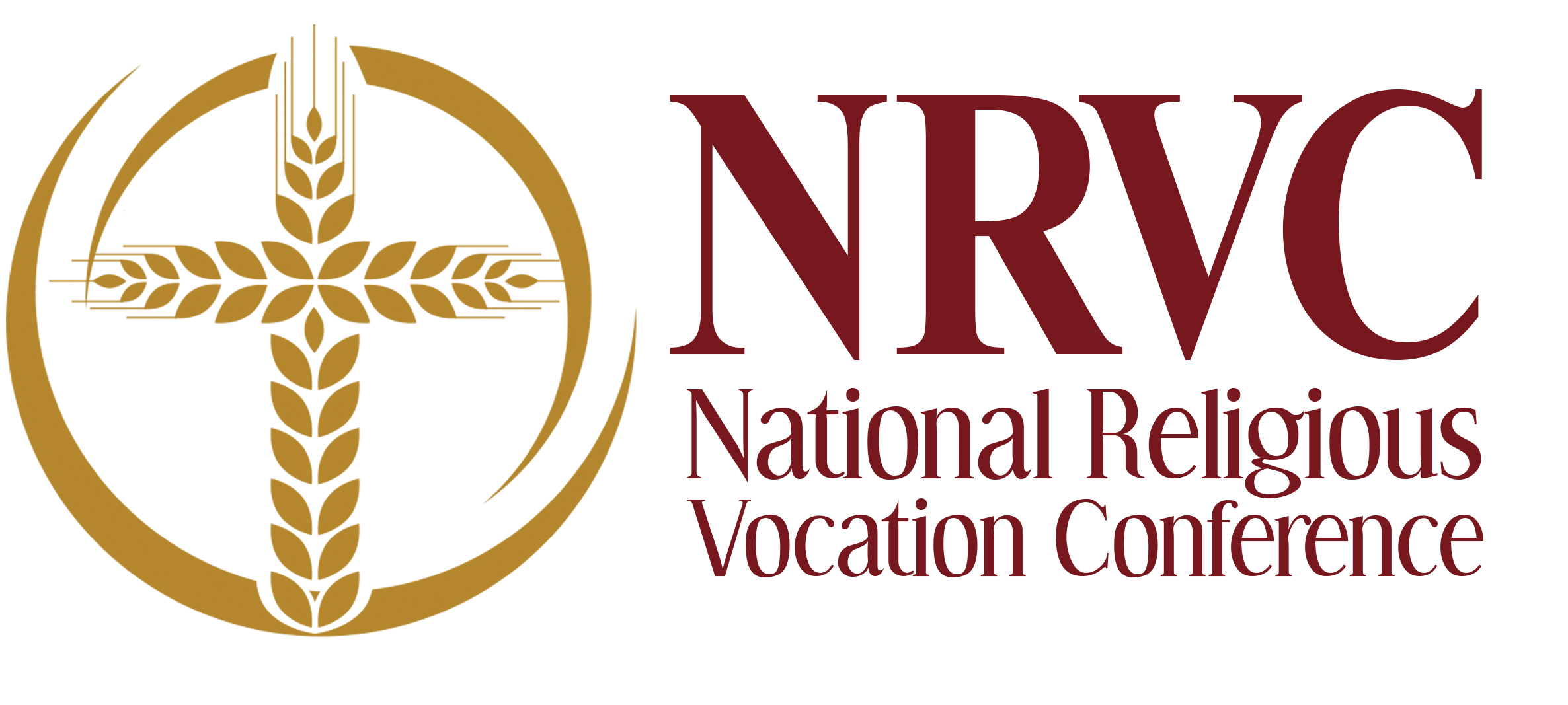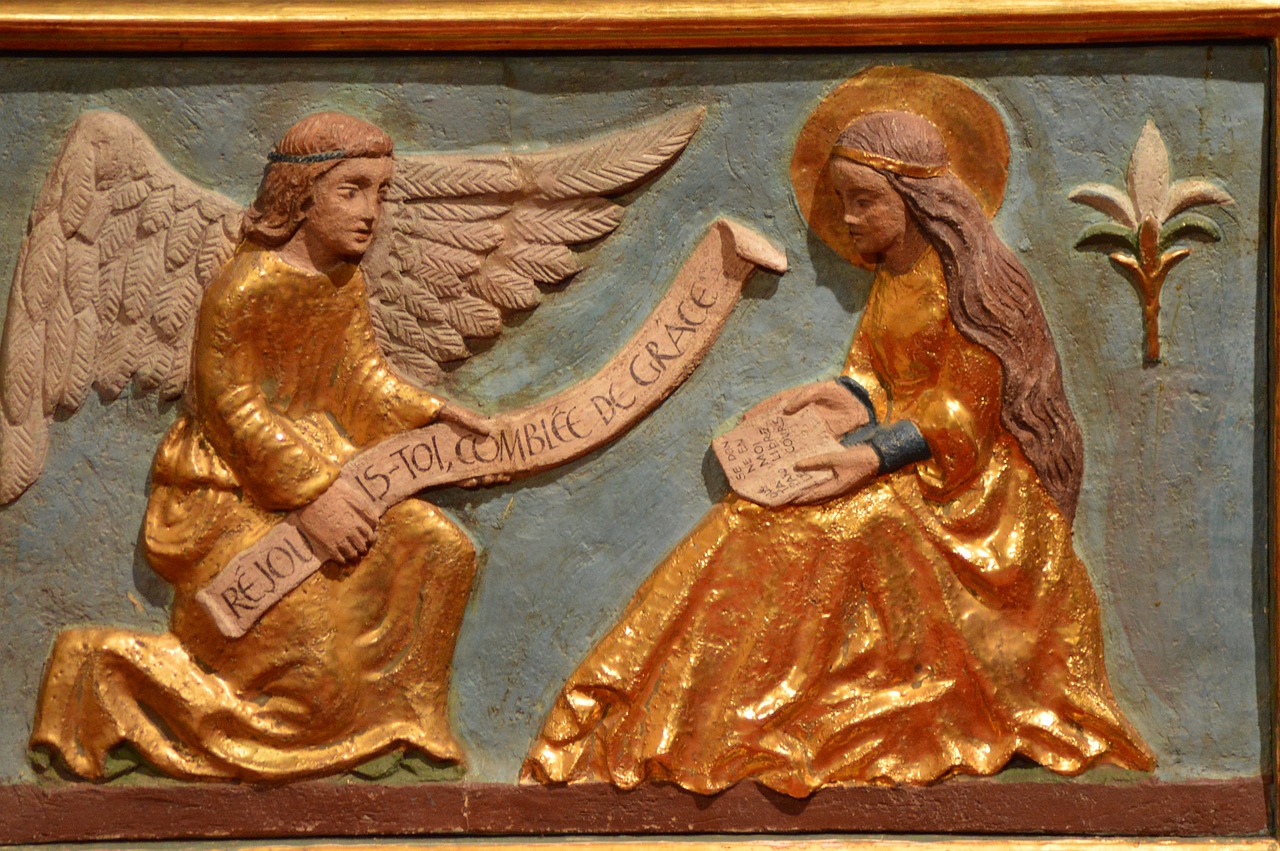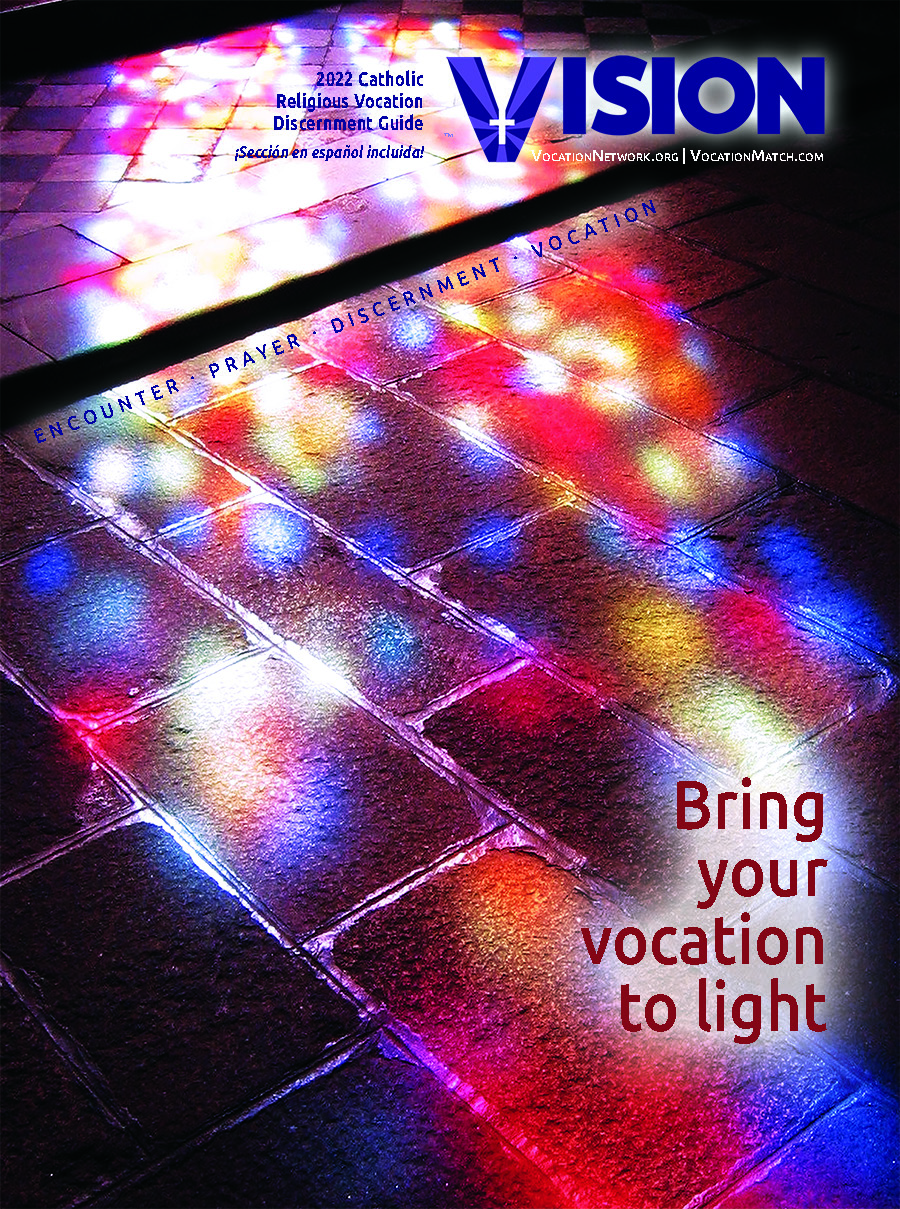|
THE NEED TO BE
Among the treasures of Catholicism is a cornucopia of spiritual practices. Rosaries and novenas, the Way of the Cross and lectio divina, labyrinth walks and pilgrimages, silent retreats and eucharistic adoration, the Liturgy of the Hours and the Mass itself—the avenues of prayer seem endless.
But in all the vocal prayers and activities our spiritual path may involve, it's important not to lose sight of contemplation. Its summons is deceptively simple: Be still and know that I am God. Such stillness is more than remaining in one place, or keeping our incurably fidgety bodies under control. Contemplation invites us to end the internal debate going on in our restless minds. As contemplative writer, teacher, and lay associate of the Trappist Monastery in Conyers, Georgia, Carl McColman observes, a session of contemplation is designed to "get under the editing" our minds are always doing. Our internal talk is ever trying to fix things, judge others, or exonerate ourselves. By emptying our thoughts, we have an opportunity to stop critiquing the pool of life we're swimming in. We just breathe. We just are.
And when we stop editing, we're in a posture to actually let God be God. The Author of Life is, after all, the only one who gets to judge, redeem, condemn, exonerate. What we may discover, in the stillness, is that God is nowhere near as interested in measuring us as we are in measuring ourselves and each other. The silence, we learn, is an ocean of love.
—Alice Camille
|









